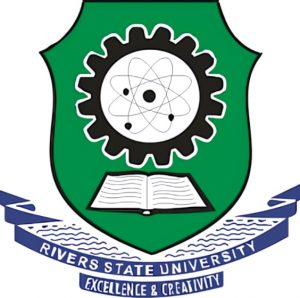Graduates of Fisheries and Aquatic Environment Management will find employment opportunities in the following areas;-
Civil service as;
(a) Fisheries Officers
(b) Environmental Officers in Federal and State Ministries of Environments.
Research Institutes – as Research Officers in establishments such as; Nigerian Institute for Oceanography & Marine Research (NIOMR), National Institute for Freshwater Fisheries Research (NIFFR), etc.
1. Lecturers in universities, Monotechnics and Polytechnics,
2. Aquacultural Enterprises.
3. Oil and Non- Oil industries as Environmental Experts/ Advisers.
4. Fishing Industries and Fish Marketing Enterprises.
5. Food Processing Induatries.

